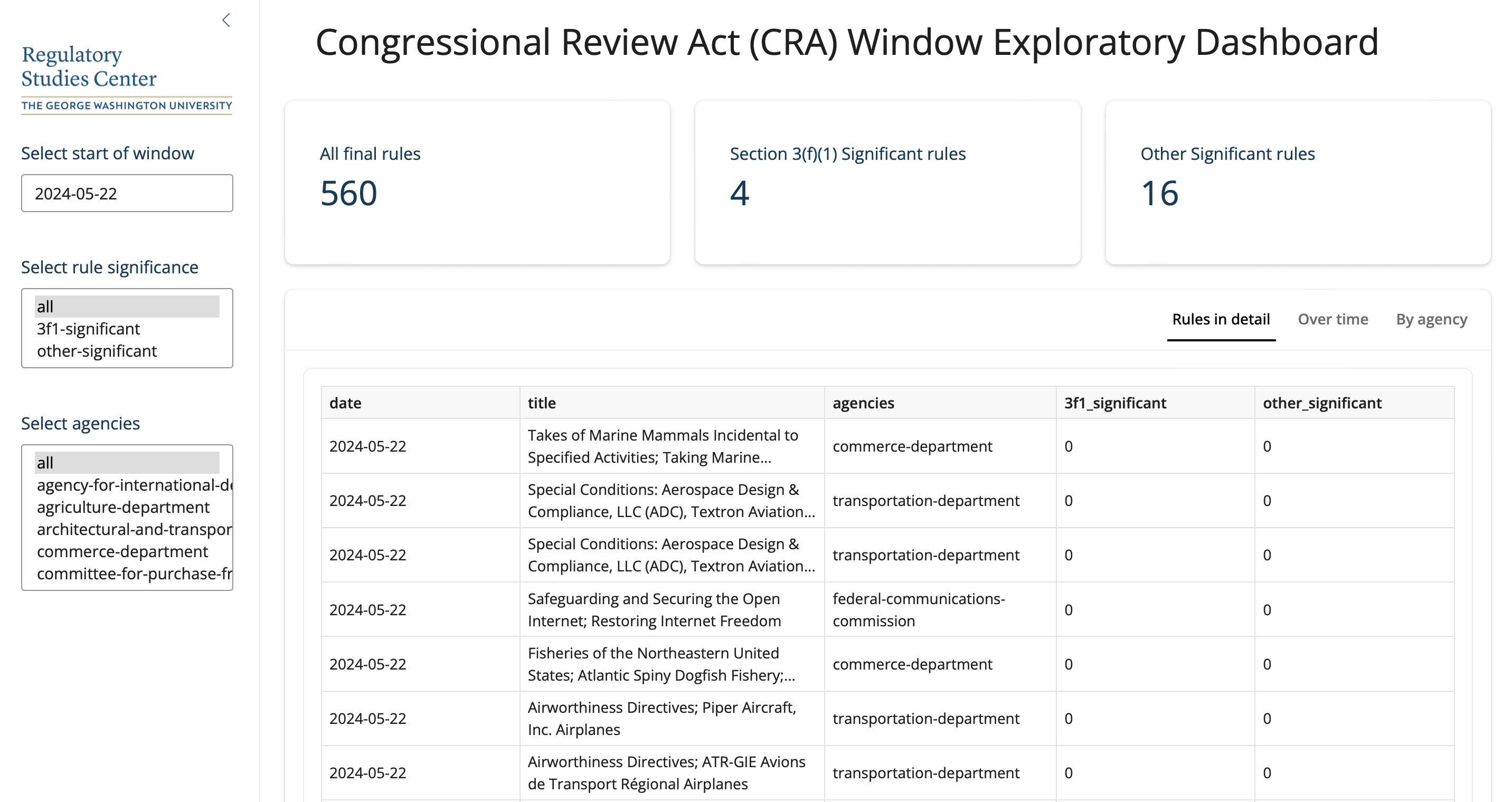WASHINGTON (June 25, 2025) – The Washington Post reported that the Trump administration “in both internal communications and interviews, more than two dozen current and former employees across multiple agencies said the administration appears to be readying to push the boundaries of the law meant to prevent the president from unilaterally overturning spending decisions made by Congress.”
The administration would test this law by delaying or refusing to spend congressionally approved funds.
Experts at the George Washington University are available to comment on the context, history, and challenges of the 1974 Budget Law and what this test could pose for Congress. To speak with an expert, please contact GW Media Relations Specialists Shannon Mitchell at shannon [dot] mitchell gwu [dot] edu (shannon[dot]mitchell[at]gwu[dot]edu) or Skyler Sales at skylers
gwu [dot] edu (shannon[dot]mitchell[at]gwu[dot]edu) or Skyler Sales at skylers gwu [dot] edu (skylers[at]gwu[dot]edu).
gwu [dot] edu (skylers[at]gwu[dot]edu).
Law
Paul Schiff Berman, Walter S. Cox Professor of Law at the George Washington University Law School is one of the world’s foremost theorists on the interactions among legal systems. Berman is an expert on the constitution and administrative law.
Political Management/Congressional Experts
Matt Dallek, Professor of Political Management at the George Washington University School of Professional Studies. Dallek is a frequent commentator in the national news media on politics, history, and public affairs. His expertise include the intersection of social crises and political transformation, the evolution of the modern conservative movement, and liberalism and its critics.
Todd Belt, Director of the Political Management program at George Washington University Graduate School of Political Management. His research and writing focuses on the mass media, public opinion, the presidency, campaigns and elections.
Casey Burgat, Director of the Legislative Affairs program at the George Washington University at the Graduate School of Political Management. Dr. Burgat worked at the Congressional Research Service, where he served in the Executive Branch Operations and the Congress & Judiciary sections. There, he was responsible for responding to congressional requests about federal rulemaking, issues of congressional reform, the president’s role in federal budgeting, federal advisory committees, and congressional staffing.
-GW-



